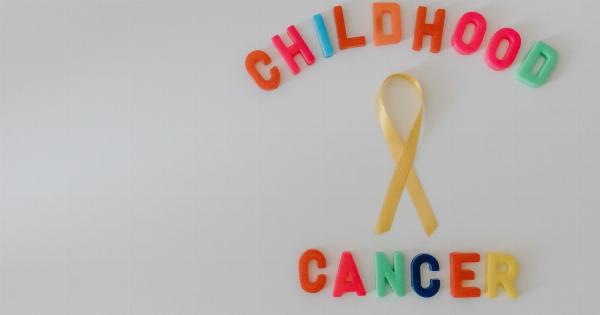Receiving a cancer diagnosis is a life-altering experience for anyone. But when it comes to children, the news can be devastating not just for the young patient but for the entire family.
A cancer diagnosis can turn a family’s world upside down, leaving them with many questions and an uncertain future. Here, we will go over common experiences of a family that faces a child diagnosed with cancer.
The Initial Shock
When parents first hear the words “your child has cancer,” it can feel unreal. Feelings of shock, fear, and disbelief are common, and everything can feel like it is happening too fast.
Many parents report feeling overwhelmed by appointments, hospital stays, and treatment options, all while trying to juggle their daily routines and their child’s needs.
It’s essential to give yourself, and your family, time to come to terms with the diagnosis. While cancer is an incredibly challenging disease, many children do go on to survive and thrive after their treatment.
Treatment Options
One of the first major decisions parents are faced with is choosing a treatment plan for their child. There are typically several options available, including surgery, chemotherapy, and radiation therapy.
Treatment plans can vary depending on factors such as the stage and type of cancer, the child’s age, and overall health.
While it can be overwhelming to make decisions about treatment, parents should work closely with their child’s medical team to develop the best possible plan for their child.
It’s essential to ask lots of questions, get second opinions if needed and weigh the pros and cons of each treatment option.
Emotional Impact
A child’s cancer diagnosis can take a significant emotional toll on the entire family. Parents may feel a sense of guilt or worry that they somehow caused the cancer.
Siblings may struggle to understand what is happening and feel left out or overlooked. The child with cancer may feel scared, confused, or angry about their situation.
It is essential to communicate openly and honestly about feelings. Counseling and support groups can be helpful for parents and siblings who may be struggling with the diagnosis and treatment process.
Talking to other families who have been through similar experiences can also be comforting and provide a sense of community during difficult times.
Coping Mechanisms
For many families, coping with a child’s cancer diagnosis is a marathon, not a sprint. It can be helpful to establish coping mechanisms early on to help everyone deal with the stress and unpredictability of treatment.
Here are some tips for coping during this difficult time:.
- Take care of yourself: It’s essential to prioritize self-care to avoid caregiver burnout. Take breaks when needed, exercise, eat well, and get adequate sleep.
- Stay organized: Keep track of appointments, medications, and various types of paperwork. Consider creating a binder or notebook to help stay organized.
- Accept help: It can be challenging to ask for help, but friends and family members often want to lend a hand during this difficult time. Don’t be afraid to ask for support with meals, rides to appointments, or help with childcare.
- Find a peer support group: There are many support groups available for families of children with cancer. These groups can provide a sense of community, support, and understanding that can be comforting.
- Consider counseling: Counseling can be helpful for parents, siblings, or children with cancer. Therapists can provide emotional support, help manage anxiety, and teach coping strategies.
- Take things one day at a time: It’s essential to stay present in the moment and not get too caught up in what may or may not happen in the future. Focus on small, achievable goals, and celebrate each milestone along the way.
Life After Treatment
After treatment ends, many families are eager to resume a sense of normalcy and move forward with their lives.
However, transitioning from active treatment to life after cancer can be challenging, and many families report experiencing anxiety or fear about recurrence. It’s essential to communicate openly with your child’s medical team about any concerns and maintain regular follow-up appointments.
Celebrating milestones and acknowledging the journey can also be helpful in moving forward. Consider marking the end of treatment with a special outing or rewarding your child for their hard work and perseverance.
Remember that overcoming cancer is a significant accomplishment for the entire family.
Conclusion
A child’s cancer diagnosis is a challenging experience for the entire family. But with support, patience, and grace, families can and do overcome this difficult journey.
Remember that no two experiences are the same, and every family will face unique challenges and triumphs along the way. Above all, hold onto hope and believe in your child’s fighting spirit.






























